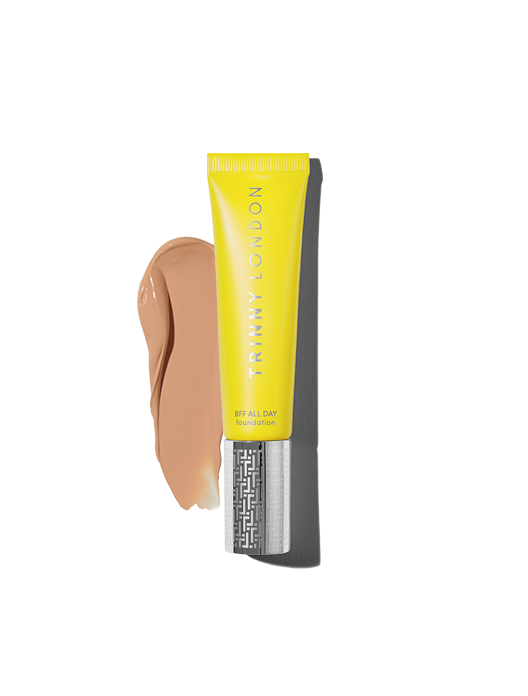
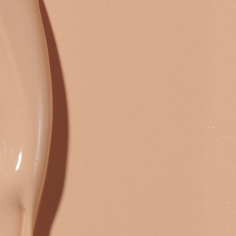
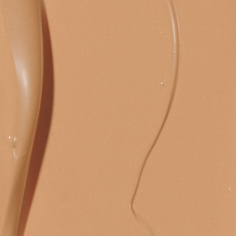
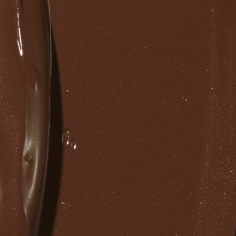 18 shades
18 shades

Although both sit within the complexion category, foundation and concealer serve different purposes within your routine. Concealer, as you might have guessed by the name, is designed to conceal specific marks like blemishes, hyperpigmentation or dark circles. Foundation, on the other hand, is there to provide coverage to your entire face, blurring and bringing uniformity to your skin tone. For this reason, your foundation should be lighter in texture than your concealer. If you applied a heavy concealer designed to disguise angry spots to your entire face, it would likely result in a cakey, unnatural and potentially mask-like finish.
When it comes to foundation, there are no one-size-fits-all options. This of course has its downsides (and means it's not as easy as adding, say, a mascara, to basket) but there is satisfaction to be found in finding the perfect foundation fit. You just need to keep the following factors in mind:
A foundation could range from a high coverage, longwear base, through to a lightweight tinted serum. The lighter the coverage, the more of your skin’s natural characteristics you will be able to see. You may want more, or less coverage, depending on the time of day, the weather or how confident you’re feeling about your skin.
Finding a spot-on shade match is easier said than done, but filling out our Match2Mequestionnaire and entering your skin tone, hair and eye colour will return you a personalised cheat sheet of the base colours that work for you.
Testing a new foundation sample? There’s a temptation to swatch it on your hand, but try it on your face instead. The best spot is across your jawline, blending down towards the neck, which will allow you to see if it's creating too much of a contrast in this area. Allow the shade to settle (some become darker when they oxidise on the surface of the skin) and look at it in natural light.
It’s not just our skin tones that can vary, but their undertones too. For example two people could have a caramel complexion, and one have cool undertones, and the other warm undertones. There are a couple of different ways to see which sort of undertones you have. We like the jewellery test, which is where you place a piece of silver jewellery against your skin, followed by a piece of gold. If silver is more flattering, you have cool undertones, and if it’s gold, you have warm. Could skew either way? Your skin is neutral.
There are widely considered to be four key skin types: dry, oily, combination and normal, and each will have different wants and needs when it comes to foundation. Heavier bases can cling in patches on dry skin, as well as settling into and amplifying fine lines. On the other hand, those with oily complexions may find that super light, hydrating bases can start to slip and slide by 3pm.
When choosing a concealer, the same considerations as foundation apply, and you’ll need to keep your skin type, skin tone and undertones in mind. In addition to this, you will also need to contemplate the type of imperfections you want your concealer to cover.
If you want to know how to cover spots or hide a stubborn patch of hyperpigmentation on your cheek, you’ll need a concealer with a thicker consistency and more grip than if your aim is to blur tired rings on the delicate skin around your eyes. “If you’re applying concealer to the face, I always use something that has less movement, so it stays on much longer,” says Lenny Royal, Pro Makeup Artist at Trinny London. “And around the eyes, because the skin there has fewer oil glands, you always want to use products that have more hydration and move easily.”
Whether you love the process of putting your makeup on or see it as more of a means to an end, you don’t want to be doing the same thing twice. Which is exactly why some makeup artists always apply foundation before concealer.
“If you have blemishes or pigmentation on the skin, you’re going to want to put your base on first,” explains Lenny. “If you do your concealer first, you’ll just end up covering or disrupting the work you did. Really, you just want to pat your concealer on as a final step and leave it.”
“I think every artist is different, but the main reason I don’t do concealer as the first part of my makeup routine is because you might then do your base and then realise you’ve put way too much product on,” adds Katie Levy, Pro Makeup Artist at Trinny London. “Once you’ve prepped your skin with base, you can then see how much concealer you need, and won’t use excess product for no reason.”
For Katie, this is especially important when it comes to creating a smoky or statement eye look. “If you have put the concealer on first, you’re only going to need to clean it up again when you’re finished. I would do the base, apply eyeshadow and then clean up and brighten the area beneath the eye afterwards – otherwise all you’re going to do is rub it off or brush it away.”
Most pros we spoke to sat on the foundation first side of the fence, but there are still benefits of using your concealer first – especially if dark circles are your biggest bugbear. The skin under your eyes is thinner than the rest of your face, with fewer oil glands to keep it soft and supple. This is why the skin can appear crepey here, with makeup amplifying fine lines.
To avoid drawing unwanted attention to the area, many makeup artists would recommend not applying too much, if any, foundation around the eye. Instead, they suggest using a hydrating, lightweight concealer that has been designed specifically for the under eye area.
As you won’t be applying foundation too close to the eye anyway, it makes no odds as to whether you start with concealer or foundation first. However in most cases, you’ll feel fresher with those dark circles dialled down, and can approach the rest of your makeup feeling more joyful and awake. Plus, you’ll be less inclined to apply more foundation than you need.
Shop the article



 18 shades
18 shades
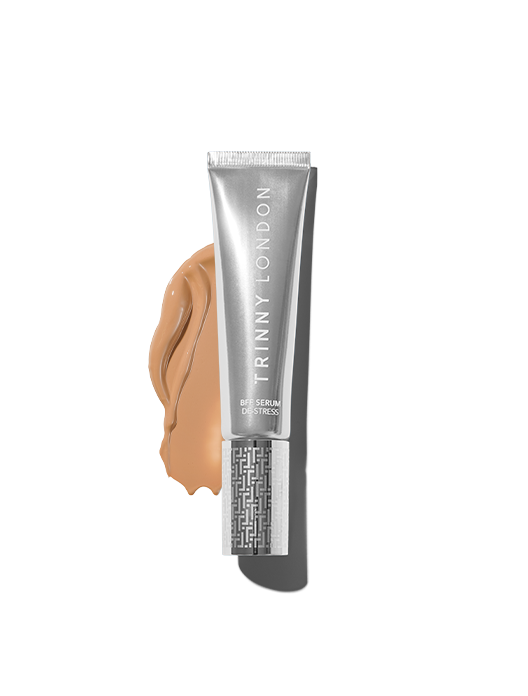
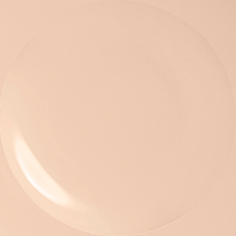
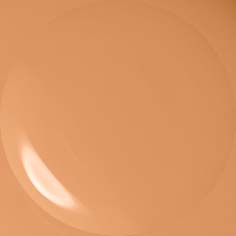
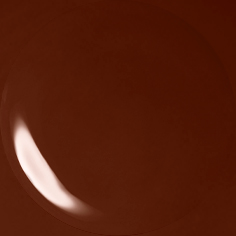 12 shades
12 shades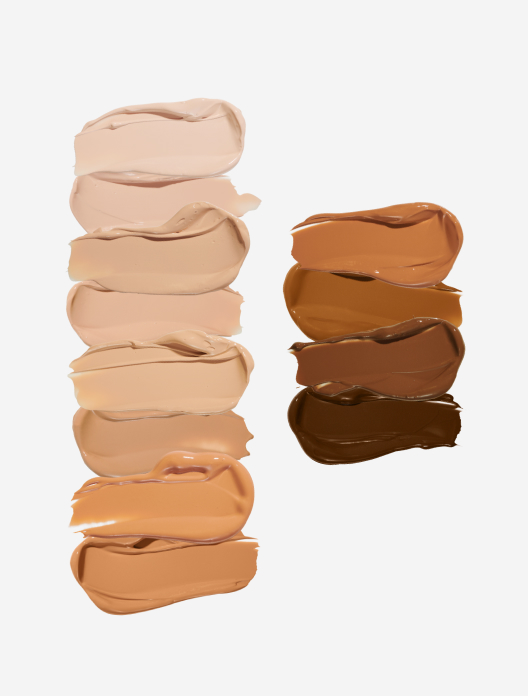
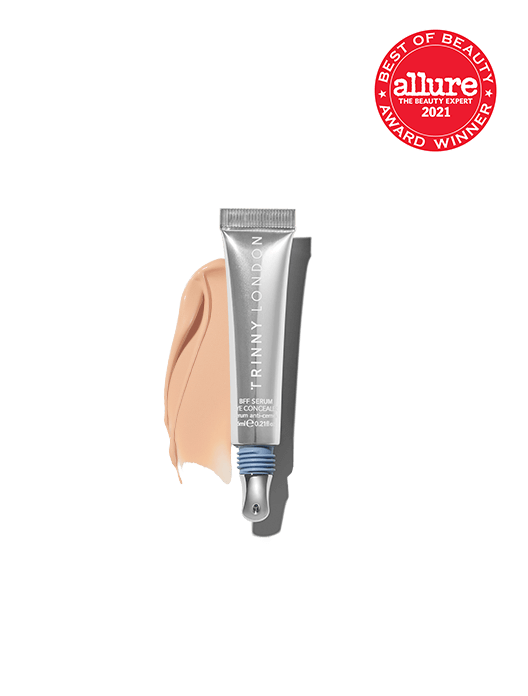
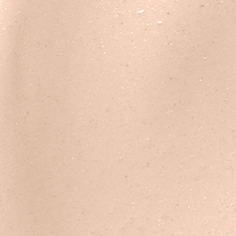
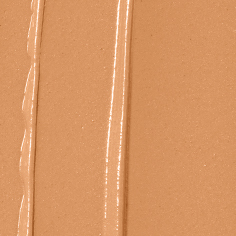
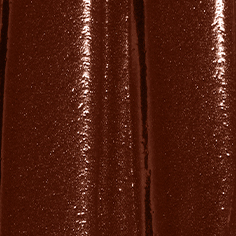 12 shades
12 shades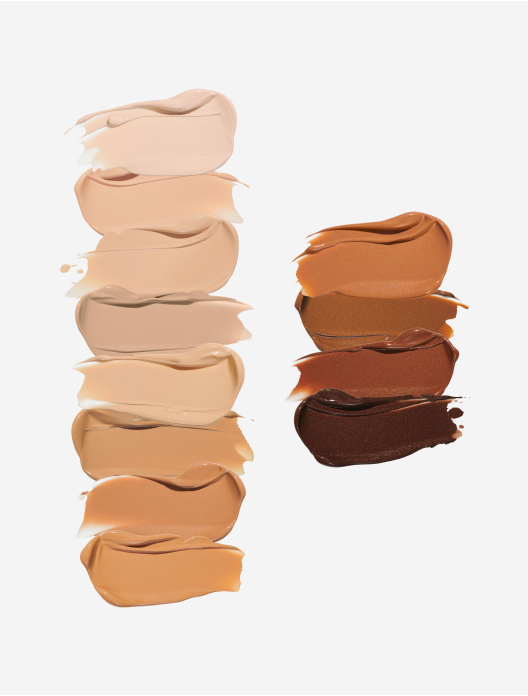
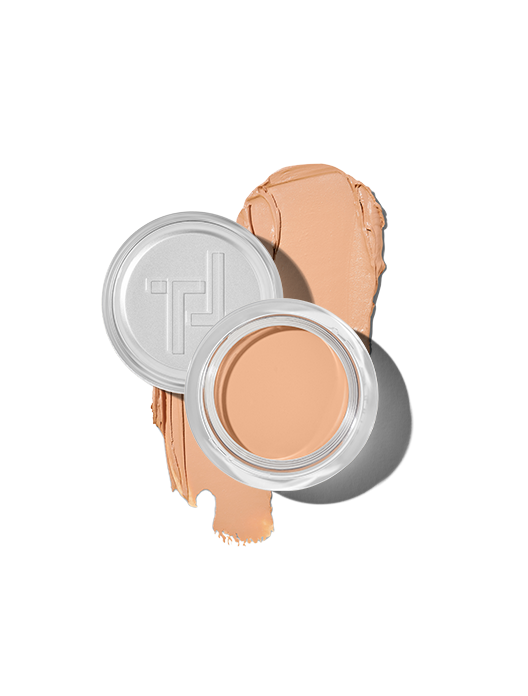
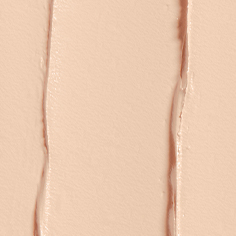
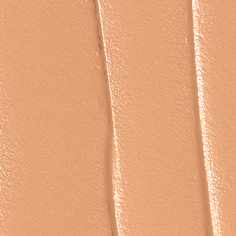
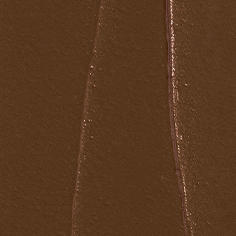 25 shades
25 shades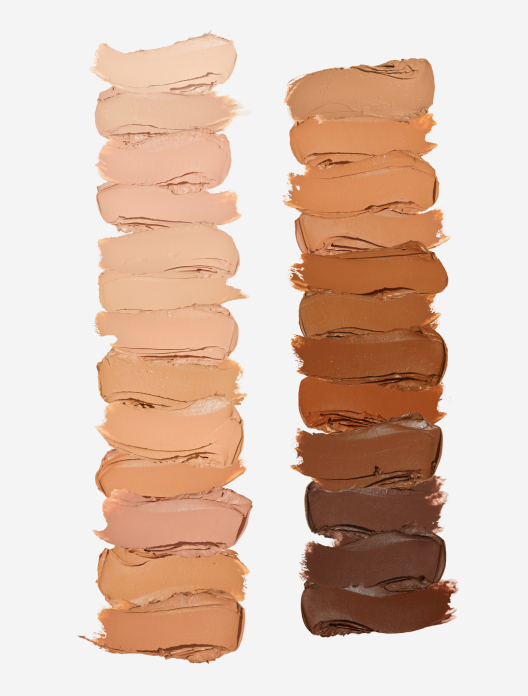



 5 shades
5 shades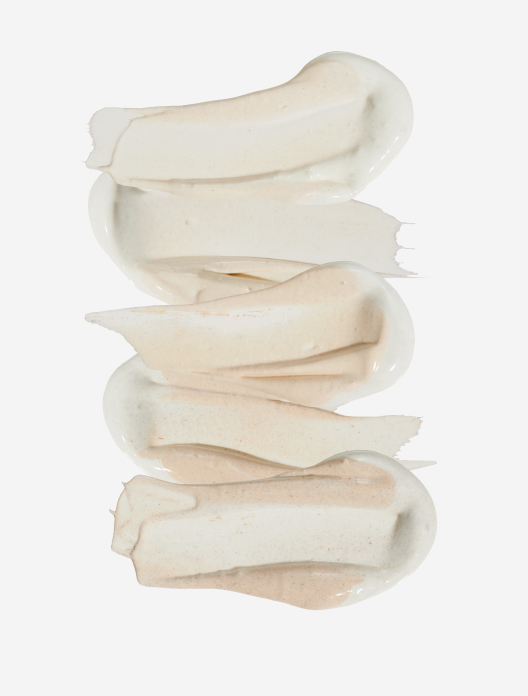
SPF 30 to protect, perfect and give skin a healthy glow
Choose shadeRead, watch and be inspired...